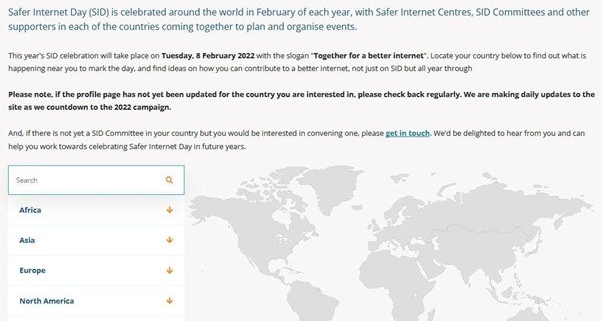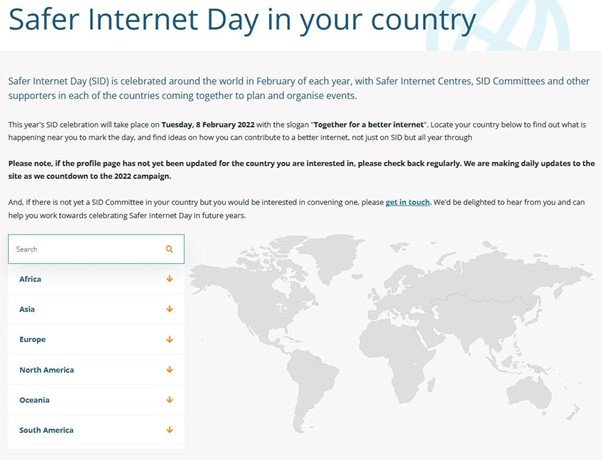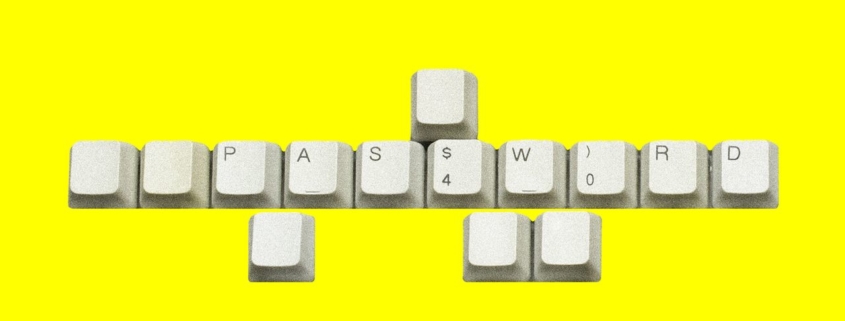Britain can inspire the world to make the internet much safer for our children
“Share your data if you’re looking for a wee stalker”. That is the response by a child from Edinburgh when asked about sharing too much personal information online.
Others see content that promotes self-harm and suicidal thoughts without searching for it. Another is sent inappropriate adverts when playing online games.
This is the backdrop to the introduction of our Children’s Code, a crucial piece of work to make sure that children can safely use online services.
The code came into force in the UK last year and it is already prompting tech companies to make changes to better protect children.
But we knew from the moment that we started drafting our code that its value in keeping children safe would depend on how the code was received internationally.
The digital world is borderless, and so many of the online services children access are based outside of the UK. That is one of the reasons why I’m heading to Washington this week for the biggest international gathering to help protect people’s personal information.
The more other countries require companies to protect children’s data, the more children in the UK are protected.
And the UK has an opportunity to influence real change based on the world-leading code that we have developed.
We’ve seen rapid changes in how British children are protected online following the expectations set in our code.
Targeted and personalised adverts are being blocked for children; children’s accounts set to private by default, plus location history turned off by default. Games and video streaming have geolocation unavailable or off by default. Social media platforms have security measures in place to reduce risks to children.
These are some of the types of changes we want to see on a global scale.
And there’s more to be done to assess the correct ages of children, give them privacy notices they understand, and to stop the creation of profiles using their personal data.
In Washington, the Information Commissioner’s Office will be talking to social media companies in scope of the code and building relationships with the regulators, civil society voices and lawmakers that collectively push for them to do better.
We’re calling…




